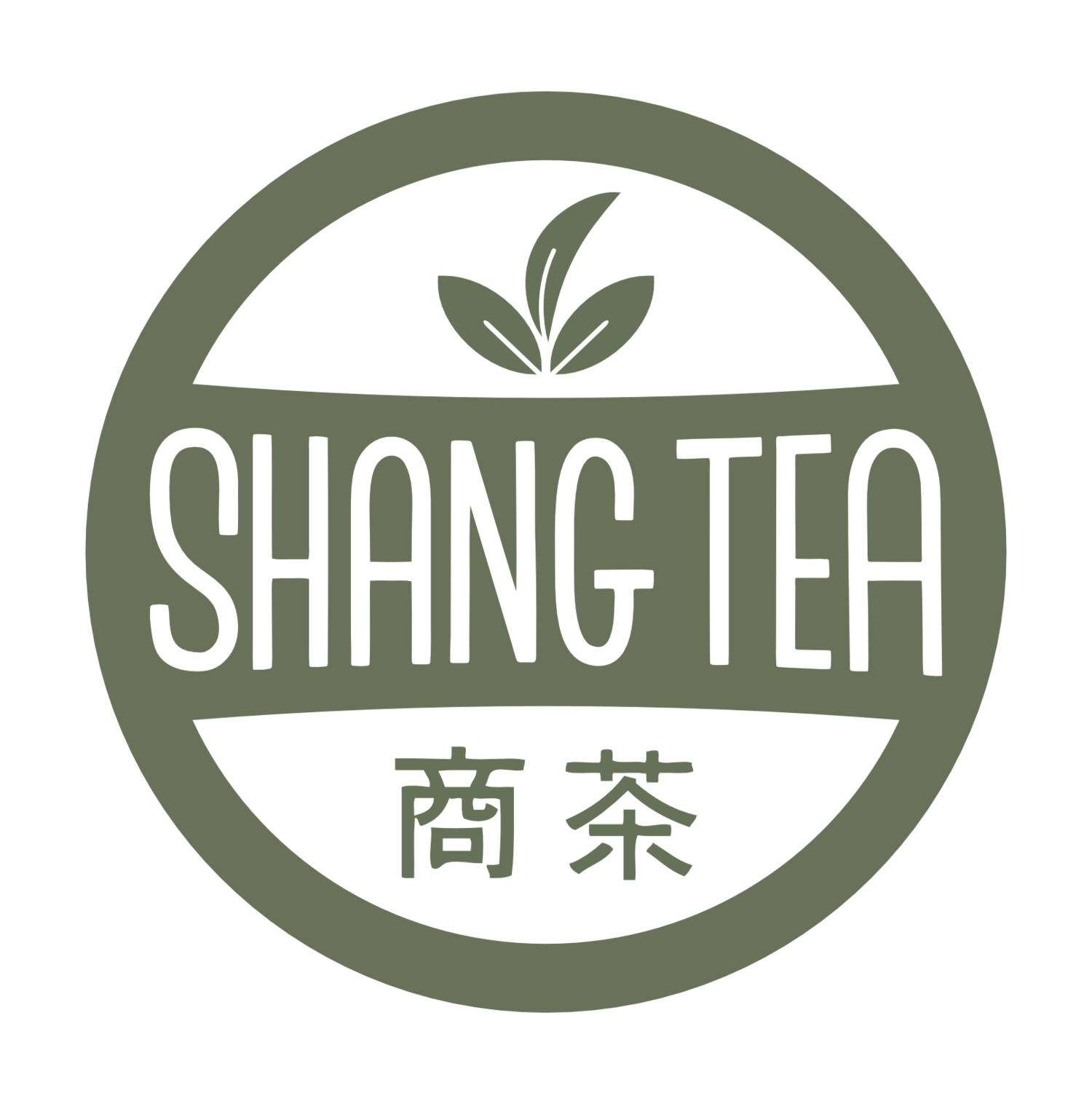High Quality Tea vs. Lower Quality Tea
Tea has been enjoyed for centuries by people of all ages and backgrounds. The leaves from the tea plant (Camellia sinensis) are not only used to create a soothing warm drink for relaxation, but they have often been credited for their health giving properties and are now being heavily researched and studied. With large amounts of scientific studies being conducted, the health benefits of tea are starting to be understood from a chemical and biological perspective. All of this research has prompted thousands of articles on the health benefits of tea.
A very simple question that we get in the shop is some form of “what tea is good for me?” Here are some responses to that question:
All good tea is good for you! By good tea, we mean tea that it is grown organically, from organic soil, with no chemical pesticides or fertilizers used, and brewed with filtered water.
In our opinion, we would say that white tea, being the least processed tea, is overall the healthiest tea. Scientific studies have been conducted around the world that have shown white tea to have the highest levels of antioxidants, flavonoids (a natural anti-inflammatory property) and vitamins when compared with other teas. That does not mean, however, that you should only drink white tea or continue to drink white tea if you do not enjoy it. Also, that does not mean that all grades of white tea are better for you than other types of teas, depending on certain factors. For example, if you take green tea leaves harvested from the top part of the plant and grown organically at a higher elevation and compare them to white tea leaves grown at lower elevations, using chemical fertilizers and pesticides, and harvested from the lower part of the plant, the green tea is going to be the healthier tea for you. A higher elevation for plant growth, higher grade (generally being harvested from the top part of the plant), and soil quality can factor in to not only the flavor but also the health properties of the tea. It’s important to develop a connection with your tea producer in order to fully understand the growing conditions of the tea leaves so that you can better understand the quality of the tea they produce.
Another point to consider is the importance of drinking high quality tea that you enjoy! If you do not enjoy the tea that you are drinking, then you are less likely to establish a deeper connection with the tea, which can inhibit you from regularly drinking the tea. Regular consumption of good tea is important because the long term consumption will help your body learn how to utilize all the beneficial components of tea such as the antioxidants, flavonoids,, and vitamins. So while we do believe that studies that show white tea to generally be the healthiest tea, you can definitely still get health benefits from drinking good, high quality green, black/red, or wu-long teas .
Summing up, the quality of your tea leaves is impactful to both the flavor and health properties of tea. Overall, teas grown at higher elevation, in richer soil with higher quality water, without the use of chemical pesticides or fertilizers, and harvested from the top part of the plant, will taste better and make you feel better. Oftentimes the best means to tell the quality of tea is how your body reacts after you have drank the tea. If the tea makes your throat dry and scratchy, if it upsets your stomach or makes you feel nauseous, if it gives you a headache, then you might want to think twice about continuing to drink that tea—your body is trying to give you some signs that the tea is not having a good, healthy impact on you.
